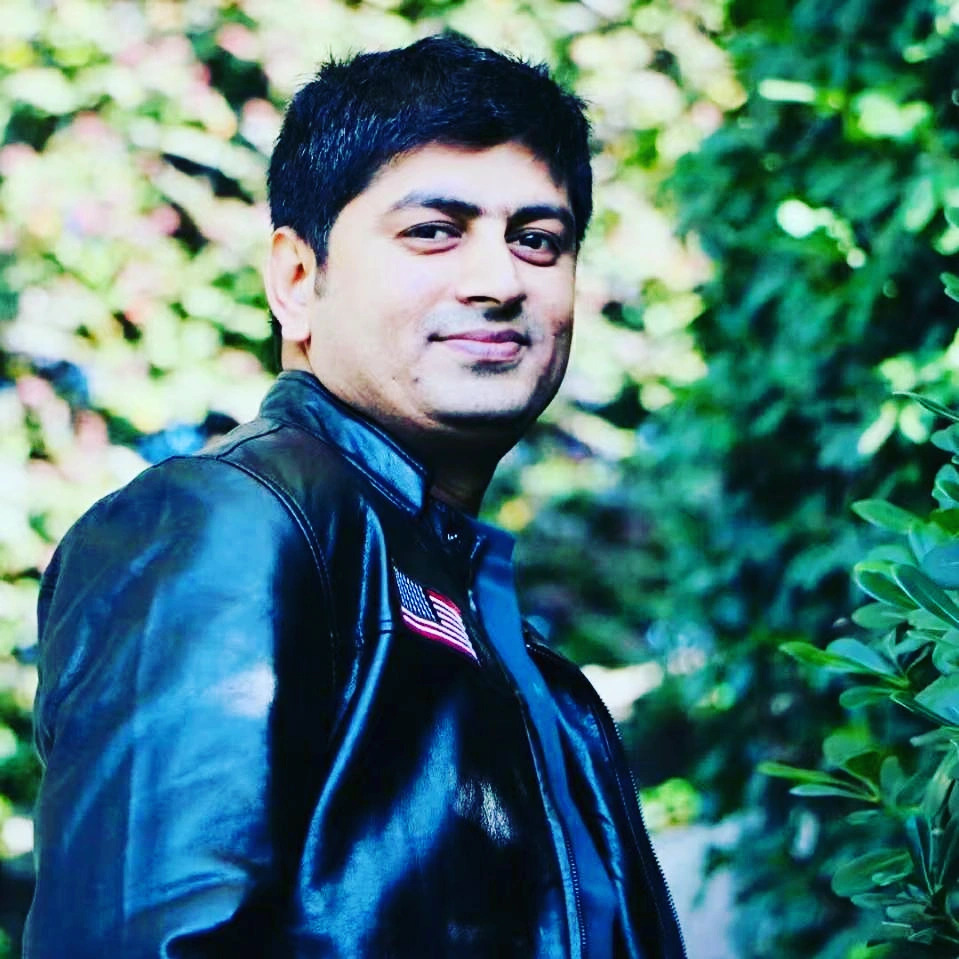
Dr. Mahdi Hassan Mallah
Assistant Professor
Energy Systems EngineeringBiography
Dr. Mahdi Hassan is a Postdoctoral Research Fellow at Yildiz Technical University, supported by the prestigious Marie Skłodowska-Curie COFUND Fellowship under the Horizon Europe Programme. Under the supervision of Prof. Eyup Debik, his research focuses on a sustainable approach for enhanced denitrification and antibiotic biodegradation in wastewater treatment using a 3D-Bioelectrochemical System. He earned his PhD in Environmental Engineering in 2022 under the supervision of Prof. Dr. Zhu Guangcan. Previously, he served as Head of the Food Engineering Technology Department at Quaid-e-Awam University of Engineering Science and Technology, Pakistan. With over 14 years of academic and research experience, Dr. Hassan specializes in municipal and industrial wastewater treatment, microbial ecology, and the biodegradation of antibiotics. His research addresses pollutant removal from rivers, lakes, and urban wastewater systems. He has also explored the impact of antibiotics on microbial communities and the emergence of antibiotic-resistant bacteria in treated effluents.
Research Interests
Memberships
- Pakistan Engineering Council - RE
- Higher Education Commission - Approved Ph.D. Supervisor
Courses Teaching
-
FET-121 - Basic Agriculture Fall
-
190 - Health, Safety & Environment Fall 2022
-
FET-201 - Marketing and Agriculture Business Spring 2023
-
FET-121 - Basic Agriculture Summer 2025
-
FET-301 - Unit Operation in Food Technology-II Spring 2021
-
FET 420 - Supervised Industrial Training Spring 2025
-
246 - Clean Coal Technologies Fall 2024
Contact Info
City: Nawabshah
Phone: 03013805075
Email: engrmahdi@quest.edu.pk
CV: View CV
Publication Stats (1996 – 2025)
Qualifications
- Postdoctoral Research Fellow (Yildiz Technical University, Istanbul, Türkiye, )
- Ph. D (Southeast University, Nanjing, China, )
- Master of Engineering (Quaid-e-Awam University of Engineering Science & Technology, Nawabshah, Pakistan, )
- Bachelor of Engineering (Quaid-e-Awam University of Engineering Science & Technology, Nawabshah, Pakistan, )
Experiences
- Chairman at Food Engineering Technology,QUEST (2023 - 2025)
- Assistant Professor at Energy Systems Engineering,QUEST (2022 - 2025)
- Lecturer at Energy Systems Engineering,QUEST (2013 - 2022)
- Jr Lab Engineer at Energy and Environment Engineering,QUEST (2013 - 2013)
- Lab Demonstrator/Lab Engineer (Contract) at Energy and Environment Engineering,QUEST (2009 - 2013)
Publications
Attributing rainfall and drought variability across climate vulnerable area of Pakistan: Perspective from different satellite and ground‑based datasets
()
Assessment of Three Different Irrigation Scenarios of Banana Water Requirement for Better Management of Groundwater
()
Influence of Cellulose and Lignin-Rich Biomass on Catalyst Performance: A Study with Walnut Shell and Corn Stover Gasification
()
Long-term evaluation of rainfall in the arid region of Pakistan using multi-source data
()
The role of regular evaluation of wastewater quality in minimizing health consequences due to wastewater reuse in irrigation
()
Characterization and quality analysis of biomass pellets prepared from furfural residue, sawdust, corn stalk and sewage sludge
()
Co-pyrolysis of hydrothermally pre-treated microalgae residue and polymeric waste (plastic/tires): Comparative and dynamic analyses of pyrolytic behaviors, kinetics, chars, oils, and in-situ gas emissions
()
Weak electric field effect of MFC biocathode on denitrification
()
GIS-Based Analysis of a Rainwater Harvesting System in the Multipurpose Hall of Quaid-e-Awam University of Engineering, Science, and Technology
()
The removal performance of nitrates in the novel 3D-BERS with GAC and diversity of immobilized microbial communities treating nitrate-polluted water: Effects of pH and COD/NO3- -N ratio
()
Production of Pellets from Furfural Residue and Sawdust Biomass: Effect of Moisture Content, Particle Size and a Binder on Pellet Quality and Energy Consumption
()
Effect of pH on antibiotic-denitrification and biodegradation of Sulfamethoxazole removal from simulated municipal wastewater by a novel 3D-BER system
()
Simultaneous removal of Sulfamethoxazole and enhanced denitrification process from simulated municipal wastewater by a novel 3D-BER system
()
Effect of C/N ratio on biodegradation of ciprofloxacin and denitrification from Low C/N wastewater as assessed by a novel 3D-BER system
()
Tertiary denitrification and organic matter variation of secondary effluent from wastewater treatment plant by 3D-BER system
()
Synergistic Long-Term temperature climate nitrogen removal performance in open Pond and horizontal subsurface flow constructed wetland operated under different regimes
()
Removal of antibiotics from wastewater and its problematic effects on microbial communities by bioelectrochemical Technology: Current knowledge and future perspectives.
()
Simplified Method for Optimizing Day lighting Hours in Summer Climate Condition
()
Projects
NGIRI-2024-28119
Role: Supervisor